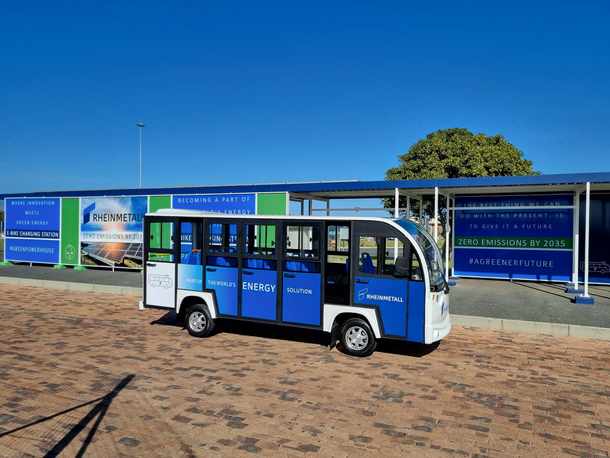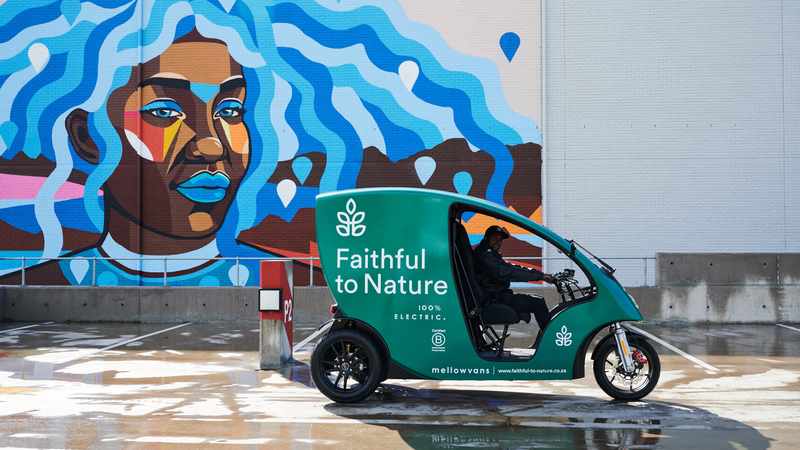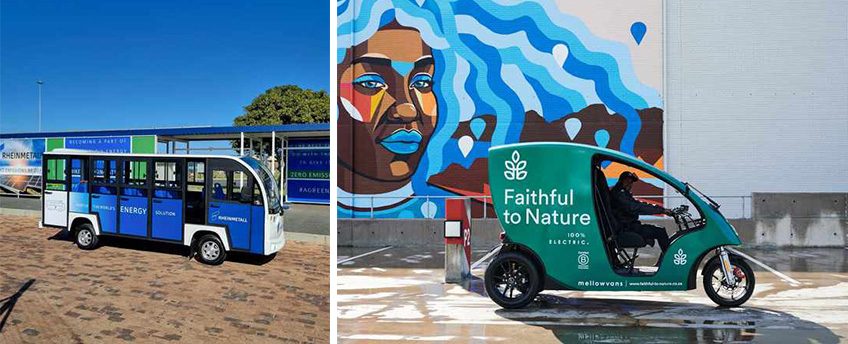A recently published article, Electrification of minibus taxis in the shadow of load shedding and energy scarcity, by professors Thinus Booysen, Chris Abraham and Arnold Rix of the Department of Electric and Electronic Engineering at Stellenbosch University, heralded e-vehicles as a “silver bullet to globally de-carbonise the fuel-guzzling transport sector”. Professor Booysen has done extensive work and research on the feasibility of electric vehicles in South Africa’s transport sector, particularly electric minibus taxis.
Minibus taxis carry more than 70% of commuters and little is known about their electrification requirements. Electrical demand planning is better with vehicle-based data than with passenger-based data. Stationary times provide ample time for taxis to recharge from the grid and solar, but the latter requires substantial stationary battery capacity to negate grid-impacting fast charging. Taxi energy requirements are approximately 200 kWh/day on average.
In response, businesses in and around Cape Town appear to be taking action to reduce their environmental impact and achieve carbon neutrality by investing in electric vehicles for various applications in their operations.
Businesses taking the e-vehicle leap
One such organisation, Rheinmetall Denel Munition, recently introduced electrically powered buses at its Somerset West and Boskop plants as well as electric cars, e- bakkies, and a new mobility concept based on e-scooters and e-bikes for getting around the plants. According to Rheinmetall’s CEO, the goal of this new mobility concept is to kickstart the process that will ultimately eliminate over 350 internal combustion vehicles from the Rheinmetall fleet.

Another organisation taking the e-vehicle leap is Faithful to Nature, a local online retailer of natural and sustainable products. The retailer launched locally made, three-wheeler electric cargo vans in partnership with Carbon Neutral Express to ensure carbon-neutral delivery in Cape Town.

Woolworths followed suit by also converting their vehicles, Golden Arrow is already running two electric buses while Stellenbosch University is also busy working on converting its fleet.
Final thoughts
Electrification is expected to decarbonise transportation and forms part of the agenda to delay climate change. Electric vehicle sales have ballooned, and the production of combustion engines will stop soon. However, the transition to electric vehicles continues to be painstakingly slow in sub-Saharan Africa.
Read the research: MJ Booysen, CJ Abraham, AJ Rix & JH Giliomee, Electrification of minibus taxis in the shadow of load shedding and energy scarcity, South African Journal of Science (2022), available at https://sajs.co.za/article/view/13389
Read the full article: K Engel, Prominent Cape business operation takes the e-vehicle leap, Independent Online, available at https://www.iol.co.za/capeargus/news/prominent-cape-business-operation-takes-the-e-vehicle-leap-95760f55-666b-4a16-972f-87143d8a9242





